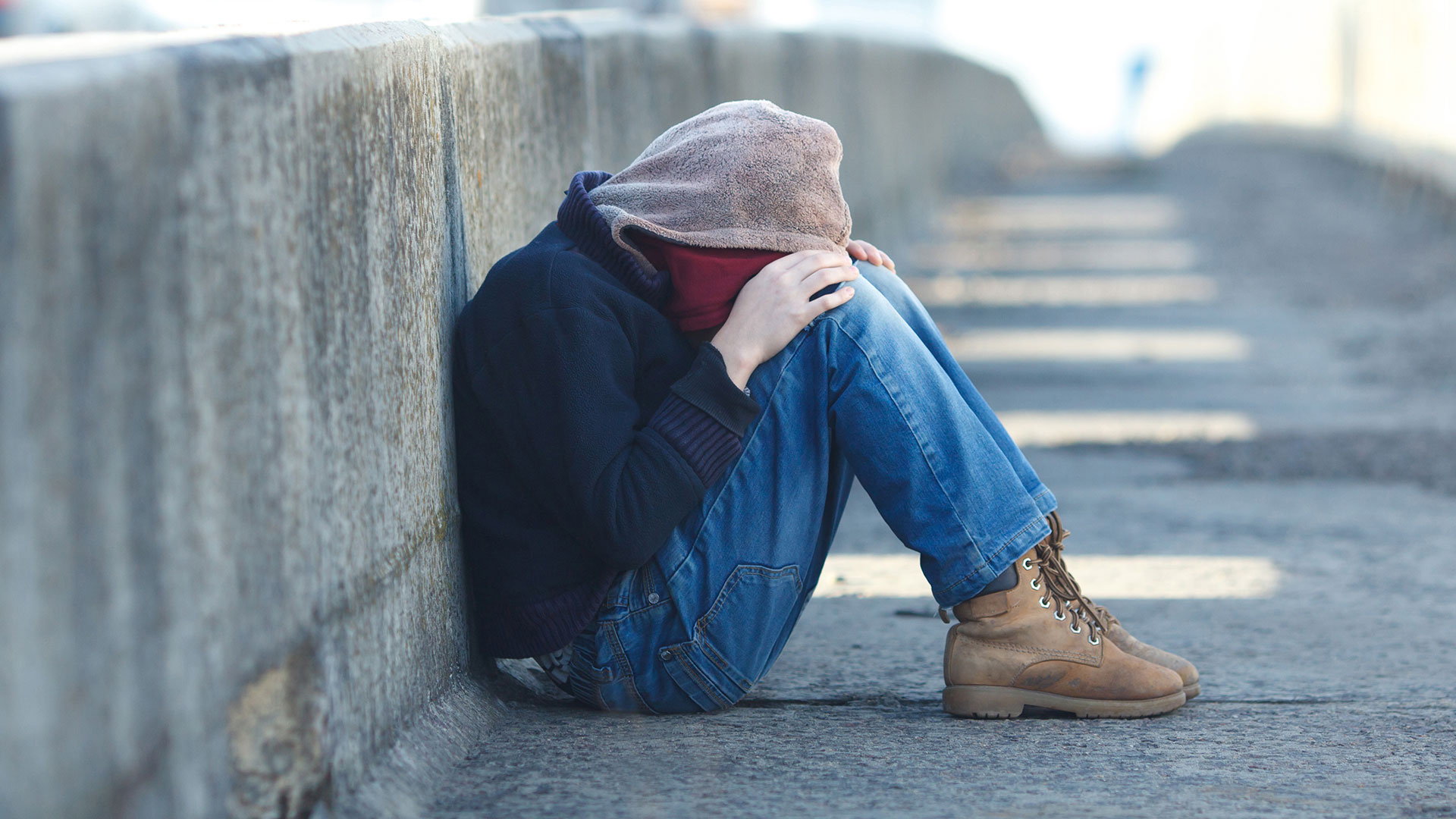Interviews found that positive cultural changes within local authorities were more prevalent with staff providing a better, more preventative-based service and more supportive environment for applicants, particularly single people.
But the rise in the number of rough sleepers was not the only sign that there is still progress to be made.
The majority of local authorities across Wales indicated a rise in demand for their housing services with the number of households placed in temporary accommodation increasing by seven per cent.
We’re calling on the Welsh Government to adopt proven approaches such as Housing First so together we can make homelessness in Wales a thing of the past
And the legislation is still struggling to prevent people from falling through the cracks with 19 per cent of homeless households insisting that they are still not getting the help they need from authorities while more than 41 per centinsisted that they were satisfied.
As a result of the findings, Crisis are calling for the UK and Welsh government to make a concerted effort to tackle rough sleepers, insisting that the they have benefitted the least from the legislative change and that a strategy incorporating the Housing First model should be adopted.
Jon Sparkes, Chief Executive of Crisis, said: “This is undoubtedly the most positive of the homelessness monitors we have published to date. The new legislation is clearly improving the support for homeless people in Wales.
“It’s great that the Welsh Government has pledged to build more affordable homes, tackle youth homelessness, and improve homelessness prevention. But there are still far too many people slipping through the net and losing their homes or sleeping rough on the streets – and that just isn’t right.
This is undoubtedly the most positive of the homelessness monitors we have published to date
“That’s why we’re calling on the Welsh Government to adopt proven approaches such as Housing First so together we can make homelessness in Wales a thing of the past.”
Professor Suzanne Fitzpatrick, lead author, said: “The evidence from Wales shows how effective the new legislation is in taking early action and preventing homelessness.
“The findings chime with the recent interim evaluation published by the Welsh Government but there are clear signs that some groups are slipping through the safety net and more needs to be done to address rough sleeping.”









